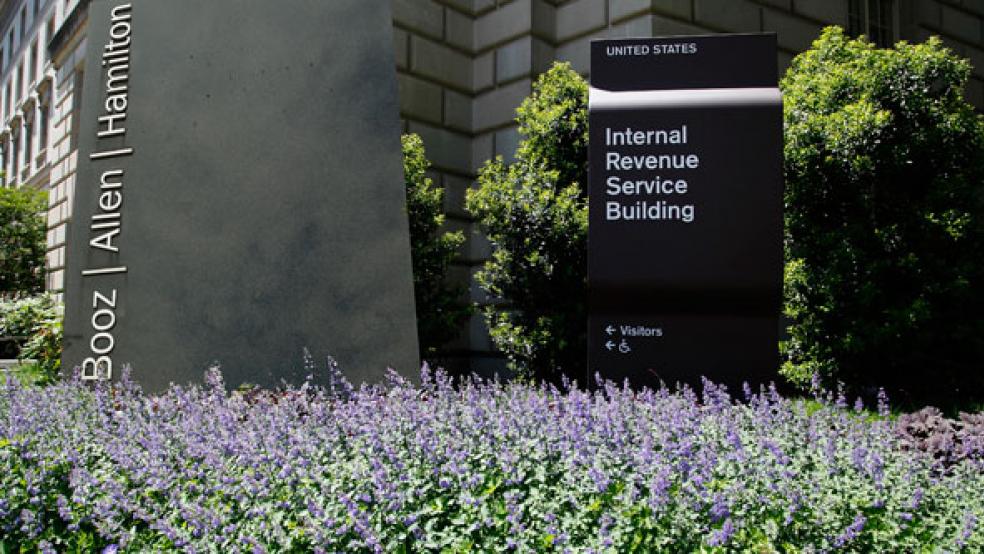President Joe Biden is expected to lay out his “American Families Plan” ahead of an address to Congress Wednesday, offering a package of roughly $1.5 trillion in spending that includes child-care subsidies, universal pre-K, paid and sick leave programs and free college for millions of American families. Biden is also expected to propose a variety of ways to pay for the plan, including higher tax rates on high-income households, a major change in the rules governing capital gains and a big increase in funding for the IRS.
The biggest source of new revenues in the plan comes from a revitalized IRS, according to Jim Tankersley and Alan Rappeport of The New York Times. Although plans are not yet final, Biden is expected to propose an increase in funding for the tax agency of $8 billion per year over the next decade, for a total of $80 billion. The proposed funding – which would increase the IRS budget by about two-thirds relative to the previous decade – would be used to crack down on tax evasion, an effort that is projected to raise at least $780 billion over 10 years, producing a net gain of about $700 billion.
“If approved, the coming White House proposal would represent a remarkable change to the IRS, which has been beset for more than a decade by problems from steep budget cuts and a growing list of responsibilities,” writes Jeff Stein of The Washington Post. There are now about as many auditors at the IRS as there were in the 1950s, Stein reports, and the agency has lost about 18,000 jobs in the last decade.
Plenty of supporters: Many tax experts welcome the proposal, according to Tankersley and Rappeport. “The plan is good news for honest filers and businesses, the budget, and the rule of law,” Chye-Ching Huang of the Tax Law Center at N.Y.U. Law told the Times. “Stopping tax cheats from having an unfair advantage helps honest businesses to compete and thrive.”
Former Treasury Secretary Lawrence Summers, who has written about the potential benefits of strengthening tax enforcement, told the Times that the Biden approach could raise a lot more than $700 billion.
“This is the broadly right approach,” Summers said. “Deterioration in I.R.S. enforcement effort and information gathering is scandalous. The Biden plan would make the American tax system fairer, more efficient and, I’m confident, raise more revenue than official scorekeepers now forecast — likely a trillion over 10 years.”
Summers’ comment highlights the size of the problem the Biden proposal is attempting to address. IRS Commissioners Charles Rettig recently told Congress that the tax gap, or the difference between taxes that are owed and what is collected, could be as high as $1 trillion per year.
But not everyone is on board: Republicans, who led the charge against the IRS starting with the tea party in 2020, are likely to be cool at best toward the effort to revive the agency. Anti-tax activist Grover Norquist, who frequently aligns with the GOP, said he feared an increase in politically motivated audits and expressed doubts that the IRS is capable of increasing revenues. “Nothing says these guys are going to raise money,” he told the Times. “The I.R.S. has been highly politicized for a long time. They’ve done nothing to fix it.”
Although Norquist’s opposition is hardly surprising, other less-politically motivated critics also say there could be problems with Biden’s plan. Former IRS Commissioner John Koskinen, who served under Presidents Obama and Trump, said the proposal may provide more funding than can be productively used. “I’m not sure you’d be able to efficiently use that much money,” he told the Times. Instead of $80 billion over 10 years, Koskinen said that $25 billion might be more appropriate, enough to bring the agency back to the size and strength it was in 2010.


